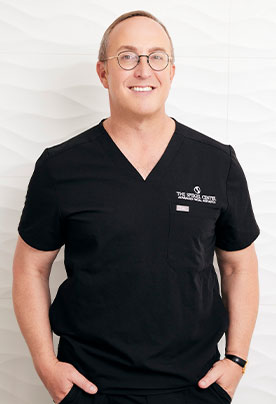
Thousands of people undergo various forms of plastic surgery on a daily basis. While some of these procedures may be minor, others are more intense and require the patient to exercise extra caution with regards to their health and wellbeing for a few weeks after surgery. If your plastic surgeon doesn’t openly discuss the recovery period with you, it is important for you to ask them the necessary questions regarding this prior to the procedure taking place.
1. Ensure That You Take Pain Medication Only as Prescribed
Although the incision site may be uncomfortable or even painful for the first few days after surgery, it is important for the patient to follow their doctor’s advice regarding the dosages for pain medication. Failure to do this can result in them becoming addicted to the pain medication and it can also lead to unpleasant side effects such as liver or kidney damage from developing. If the pain becomes worse or does not subside after using the medication as prescribed, the patient should notify their doctor immediately.
2. Take Care of Wounds as Directed
In many cases, patients will return home with wounds that will require daily dressing. It is also important to ensure that the wound stays clean and dry for at least the first three days after the surgery in order to facilitate the healing process. In most cases, the dressing will have to then be changed at least every second day to ensure that the wound remains free from infection. If the patient notices that stitches have broken or that the wound is weeping, red or swollen, they should notify their doctor as it could be symptoms of an infection developing at the site of the surgery.
3. Partake in a Balanced Diet
In order to help facilitate the healing process, patients should ensure that they eat a balanced diet after plastic surgery. By eliminating as many processed foods as possible from their diet and replacing them with whole, fresh foods that contain a variety of vitamins and minerals, they will be helping their wounds to heal faster. The ideal diet during this time is one that contains high amounts of Zinc, Vitamin C and protein. In some cases, the surgeon may recommend that the patient use supplements along with the modified diet.
4. Obey Your Doctor’s Instructions
Because plastic surgery can leave a patient feeling tired, lethargic or even depressed in some cases, it is important for patients to follow any instructions given by their doctor or surgeon regarding physical limitations during the first few weeks after surgery. In many cases, it is not recommended for patients to drive or engage in physical activity for a few weeks after surgery has been performed. This is because the site of the surgery requires sufficient time to heal and there may be bruising and swelling which requires rest in order to subside.
5. Avoid Alcohol and Other Stimulants
It is important for patients to avoid alcohol or other stimulants for at least the first week after having plastic surgery. This is usually because the anesthetic is still wearing off and the patient is still using pain medication during this time. Combining any of these substances can result in unpleasant interactions when used in conjunction with alcohol. Even after the first week after surgery, patients should check with their doctor regarding the consumption of alcohol.
By following these instructions, patients can assist with speeding up their recovery process and engaging in their usual activities within a few weeks after having plastic surgery performed.





